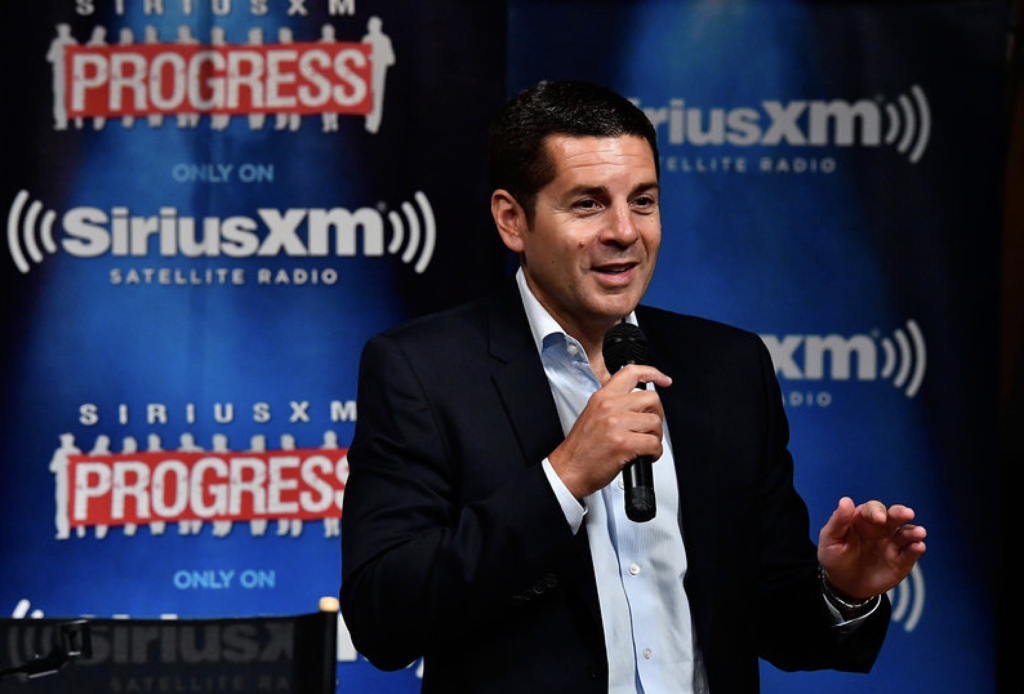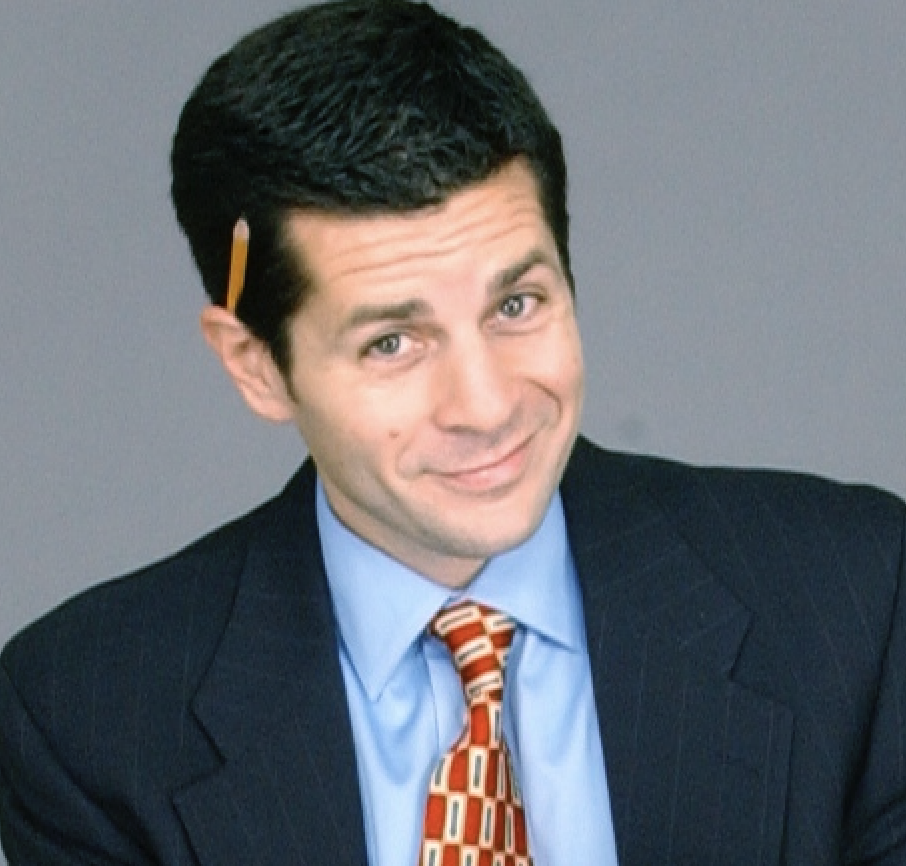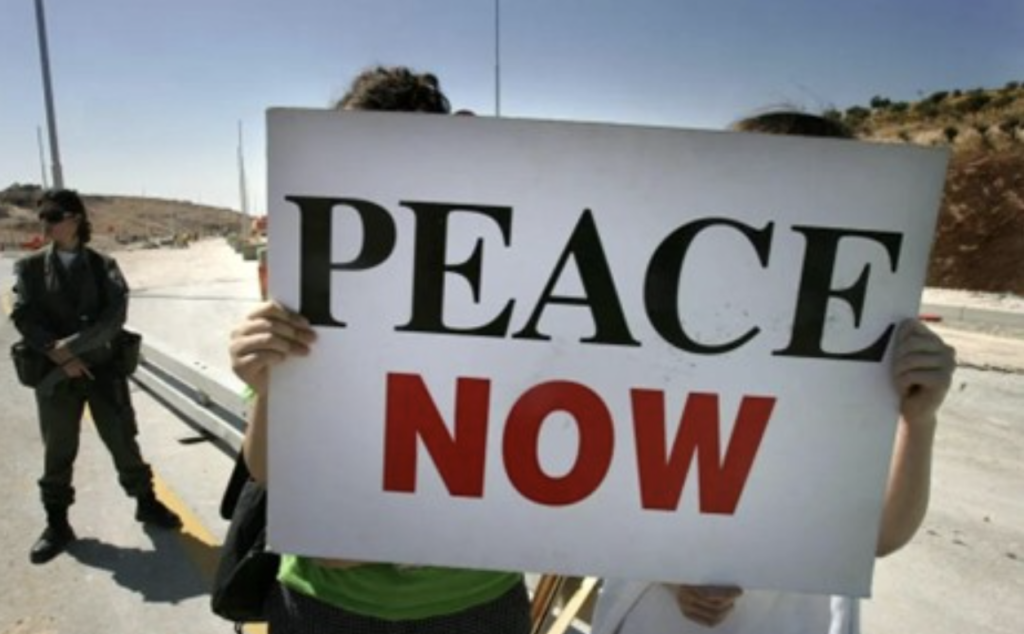Pathbreakers of Arab America—Dean Obeidallah

By: John Mason / Arab America Contributing Writer
This is the thirty-first in Arab America’s series on American pathbreakers of Arab descent. The series includes personalities from entertainment, business, sports, science, academia, journalism, and politics, among other areas. Our thirty-first pathbreaker is Dean Obeidallah, a famed Palestinian American lawyer, comedian, and journalist. He was born in New Jersey to a Palestinian immigrant father and an Italian American mother. He is well known for his SiriusXM Progress “The Dean Obeidallah Show” and for frequent appearances on Cable TV. Dean is known for his standup comedic performances in the U.S. and the Arab World. He is passionate in his call for peace in Palestine and vehemently rejects antisemitic and anti-Arab sentiments wherever they occur in the world.
Dean Obeidallah—from law to comedy: making Arabs and other Muslims human via humor
Obeidallah was born in northern New Jersey on December 17, 1969. He is of Palestinian descent from his father and Sicilian descent from his mother. His father was born in Battir, West Bank, Palestine during the Mandatory period, i.e., before the 1948 formation of the state of Israel. According to Obeidallah’s Wikipedia bio, he received his law degree from Fordham, after which he practiced law in a firm for several years. Dean’s transition from law firm to comedy is humorously detailed in an article about his appearance with fellow comedian, Jamil Abu-Wardeh, at the College of Wooster in Ohio in 2012. Wardeh and Obeidallah had been part of the Comedy Central special “Axis of Evil.”
Obeidallah told the interviewer, “The first time I stepped on stage was in the mid-1990s. I had been a lawyer and the New Jersey Bar Association was holding a funniest lawyer contest. The people at the law firm where I worked suggested I do comedy – I took that as their way of saying I was a horrible lawyer and should try something else.” He noted that he was not a happy camper as a lawyer and preferred to make people laugh, especially as a standup comedian. Dean also liked the idea that he could do standup and at the same time share views he felt strongly about, namely on social and political issues. These of course included references to his Palestinian background.

Obeidallah insisted that as part of his comedy routine, he could give people food for thought on important issues of the time, including Middle East issues. Although he could also be passionate about these issues, his main purpose was to make people laugh. Dean spoke of his earlier Axis of Evil tour, which included a group of four Middle Eastern American comedians. They talked and joked “about the challenges posed in post-9/11 America. Before that, there had never been a special on a major U.S. TV network featuring comedians of our heritage.” Dean mentioned his numerous performances in the Middle East, including Egypt and Saudi Arabia. His Arab country visits generated abundant humorous material for his American standup performances.
Obeidallah has contributed to developing Arab American comedy across the U.S. With Maysoon Zayid, he started the New York Arab American Comedy Festival. The Festival showcases Arab-American comedians from around the country. Another comedy venue he helped create in 2015 is “The Muslim Funny Fest,” the country’s only Muslim stand-up comedy Festival.
Impassioned by his Palestinian father’s wisdom—Obeidallah avers, “We can’t lose our humanity.”
Obeidallah recalls as a youth listening to his father, who’d come to the U.S. as a refugee from the West Bank in his early 20s. This was a time before the 1967 Israeli occupation of the Palestinian territory. In an MSNBC report by Dean, he wrote that his father would say, “We can’t bring the Middle East conflict to the United States. By that, he did not mean that we should ignore the conflict. I can assure you that we had endless energetic conversations about the region’s geopolitics — especially when my Palestinian cousins visited. What he meant was that the violence and anger of that region should not be expressed here on our soil.”
However, Obeidallah noted how much life had changed since his father shared his wisdom. Dean writes, “Heartbreakingly that is what we are seeing play out now after the outbreak of war between Israel and Hamas. Since the brutal terrorist attack by Hamas on Oct. 7 that killed approximately 1,400 Israelis — including children — and Israel’s subsequent military response that has killed thousands of Palestinians in Gaza — including children — there’s been a startling increase in antisemitic, anti-Muslim, and anti-Arab bigotry here in the U.S.”
Obeidallah noted that The Council on American-Islamic Relations (CAIR) reported complaints of incidents of hate directed against Muslims driven by bias against Palestinians and Arabs had risen precipitously. The Anti-Defamation League reporting on antisemitic events noted a huge spike in antisemitic incidents in the U.S. since the Hamas attack. These include defacing of Jewish synagogues with hateful language and threats against Jewish students on college campuses.
Returning to his father’s advice—”We can’t bring the Middle East conflict to the United States”—Dean complained that it’s not as easy as that today. He wrote, “But there is no denying that the current conflict has done exactly what my late father warned against and that is bring the ugliness of the Middle East conflict to US soil. And as the media reports detail, some of that hate is from people who believe they are helping win support for their cause.”

Furthermore, Obeidallah does not believe in the eye-for-an-eye-tooth-for-a-tooth ethos, noting, “To those advocating for Palestinian human rights, it’s not only morally repugnant to traffic in the hatred of Jews, but you are also hurting the very cause you are advocating for by making a human rights campaign appear to be hate-filled. Those supporting Palestinian Christians and Muslims should not conflate the policies of Israeli Prime Minister Benjamin Netanyahu as being representative of Jews worldwide.”
Dean is very wary, however, of those who seem to equate criticism of Israeli government policy and actions as anti-Semitic. They want to end the debate, equating criticism of the present Israeli government with anti-Jewish hate. Furthermore, he avows, “To those who seek to defend Israel by spewing hate of Muslims and Arabs, you too are undermining your own cause.” Obeidallah was especially critical of the example of GOP Rep Brian Mast for his “despicable comment on the House floor Wednesday saying ‘innocent Palestinian civilians’ is like saying ‘innocent Nazi Civilians.’” This completely destroyed the Congressman’s message in defense of Israel.
So, here is a Palestinian American, Dean Obeidallah, a comedian by trade. But he is a comic who is also a very serious human being. He is someone who can balance the humor of his profession with the need for seriousness about vital human issues. As we have seen, Obeidallah embodies his Palestinian father’s deeply held beliefs about being Palestinian and what that means for living with people who are different. Peaceful coexistence is at the heart of that equation. Dean can represent the meaning of his Palestinian heritage through his standup comedy and his ability to engage in serious dialogue. These are both very fine arts! Mabrouk!
Sources:
–“Dean Obeidallah,” Wikipedia Biographies of Arab Americans, 2024
–” Obeidallah: his journey from lawyer to comedian,” Wooster Voice, 10/25/2012
–“U.S. Jews and Muslims get attacked, I cling to wisdom from my Palestinian father,” Dean Obeidallah, MSNBC, 10/30/2023
–“There is no place for anti-Semitism or anti-Muslim hate when it comes to Middle East conflict–We can’t lose our humanity,” The Dean’s Report, 11/2/2023
John Mason, Ph.D., focuses on Arab culture, society, and history, and is the author of LEFT-HANDED IN AN ISLAMIC WORLD: An Anthropologist’s Journey into the Middle East, New Academia Publishing, 2017. He has taught at the University of Libya, Benghazi, Rennselaer Polytechnic Institute in New York, and the American University in Cairo; John served with the United Nations in Tripoli, Libya, and consulted extensively on socioeconomic and political development for USAID and the World Bank in 65 countries.
The views and opinions expressed in this article are those of the author and do not necessarily reflect the position of Arab America.
Check out our Blog here!









